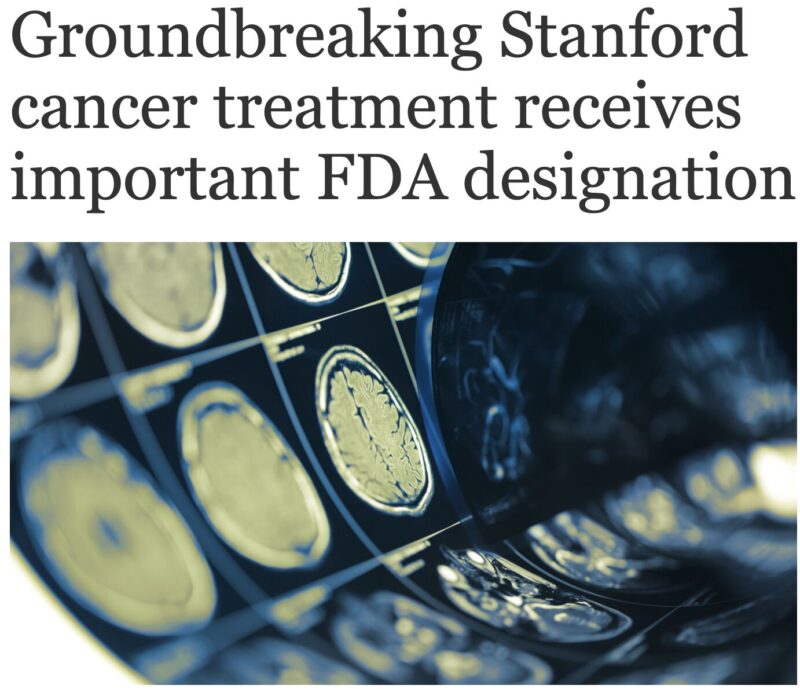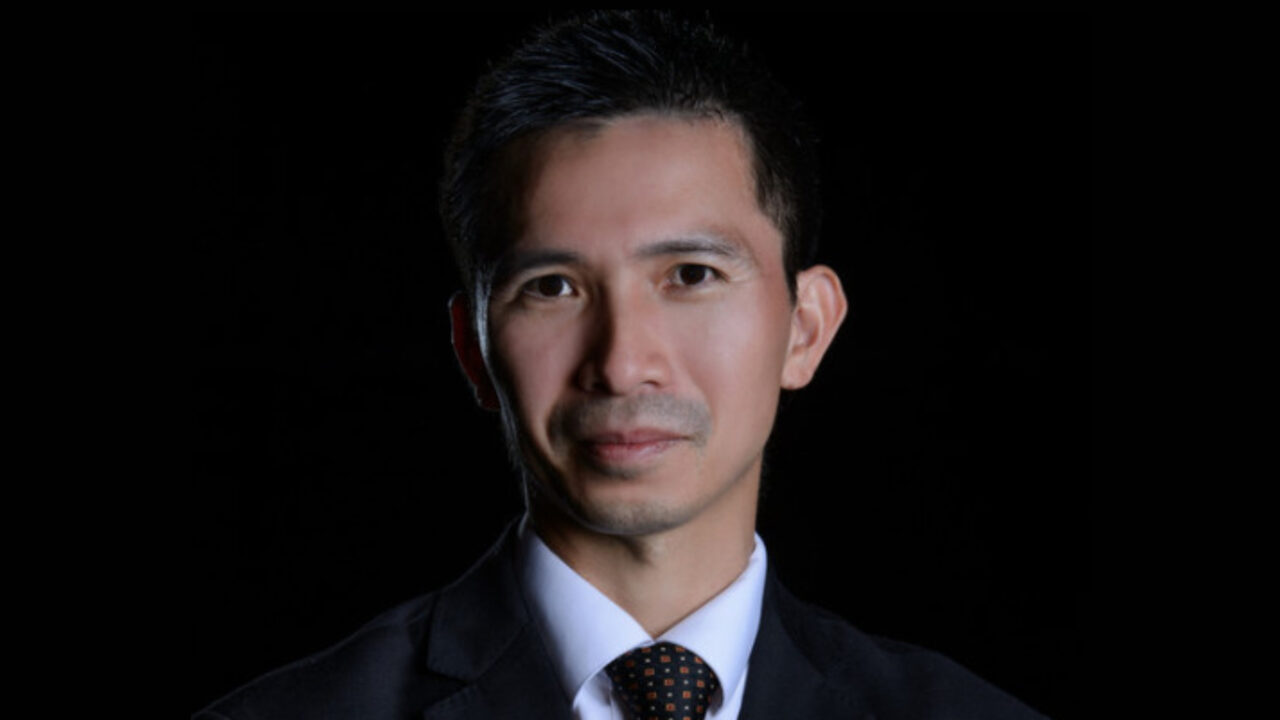Hung Trinh, Senior Director of Business Development at OBiO Tech, shared a post on LinkedIn:
“Groundbreaking Stanford University School of Medicine cancer treatment receives important FDA designation.
A promising Stanford Medicine treatment for deadly pediatric brain and spinal cord cancers received a Regenerative Medicine Advanced Therapy (RMAT) designation from the U.S. Food and Drug Administration (FDA) to expedite the FDA approval process. By expediting approval, more children will be able to benefit from the treatment sooner.
The RMAT designation is open to regenerative medicine therapies, such as cell therapy. Researchers must go through a selective admissions process and meet specific criteria, including providing evidence that the therapy can improve patient survival or meet other unmet medical needs for a serious or life-threatening disease or condition. Since the program began in 2017, 128 therapies have been selected for the designation out of the 279 projects invited to apply.
The designation gives researchers access to regulatory experts to refine and improve their research, making the FDA approval process more efficient. Experts may work with researchers on creating flexible, innovative clinical trial designs, such as comparing several investigational drugs; identifying an adequate study population and sample size; and determining appropriate endpoints for various clinical development phases.
Crystal Mackall, MD, Center Director for the Parker Institute for Cancer Immunotherapy at Stanford and co-leader of the Stanford Cancer Institute Cancer Immunotherapy Program, and Stanford Cancer Institute member Michelle Monje, MD, PhD, the Milan Gambhir Professor in Pediatric Neuro-Oncology and professor of neurology at Stanford Medicine, are leading an ongoing clinical trial to evaluate the therapy’s safety and efficacy.
Interim results were published in Nature, and Stanford Medicine published an in-depth article about the treatment.
Interim data, Nature: Intravenous and intracranial GD2-CAR T cells for H3K27M+ diffuse midline gliomas.
All patients exhibited tumour inflammation-associated neurotoxicity, safely managed with intensive monitoring and care. Four patients demonstrated major volumetric tumour reductions (52, 54, 91 and 100%), with a further three patients exhibiting smaller reductions.
One patient exhibited a complete response ongoing for over 30 months since enrolment. Nine patients demonstrated neurological benefit, as measured by a protocol-directed clinical improvement score.

More posts featuring Hung Trinh.
Hung Trinh is the Senior Director of Business Development at OBiO Tech. He previously served as Director of Process Development and Manufacturing Science and Technology at Vyriad and Associate Director of Downstream Process Development at Genezen.
With experience in vaccine development, spanning both pre-clinical and clinical studies, Trinh has worked with various CDMOs focusing on lentiviral vector production and CAR-T cell manufacturing.


